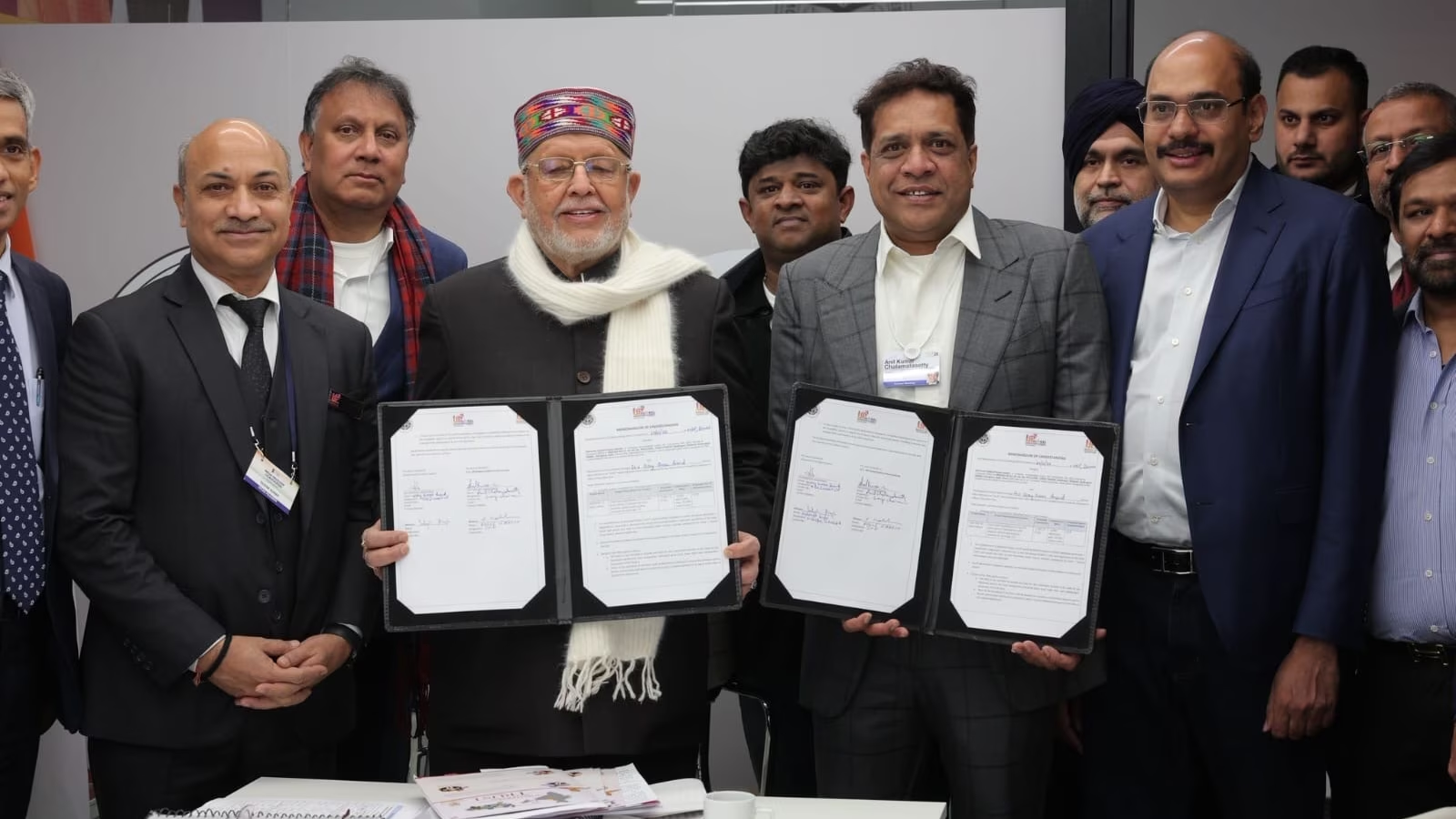India has emerged as the global hub for Global Capability Centers (GCCs), significantly influencing the nation’s economy and technological advancement. GCCs, essentially offshore or nearshore subsidiaries of multinational corporations (MNCs), leverage India’s skilled workforce and cost-effective environment to support global operations.
Key Players and Growth
- Early Adopters: Pioneers such as General Electric, IBM, and Texas Instruments were among the first to establish GCCs in India, recognizing the potential of the country’s talent pool.
- Rapid Expansion: Today, India hosts over 1,800 GCCs, employing millions of professionals across diverse sectors, including IT, finance, engineering, research and development, and more.
- Key Cities: Major cities like Bengaluru, Hyderabad, Chennai, Mumbai, and Delhi NCR have emerged as leading hubs for GCCs, attracting investments and fostering innovation.
Challenges in Establishing GCCs
- Talent Acquisition and Retention: Recruiting and retaining skilled professionals in a competitive market remains a significant hurdle.
- Building a Strong Local Ecosystem: Establishing robust infrastructure, ensuring reliable connectivity, and fostering a supportive regulatory environment are critical.
- Cultural and Communication Gaps: Bridging cultural and communication differences between parent companies and GCCs can be complex.
- Data Security and Compliance: Ensuring data security and adherence to global regulations is particularly crucial in sensitive sectors like finance and healthcare.
Advantages of GCCs in India
- Cost-Effectiveness: India offers a significant cost advantage compared to developed markets, making it a preferred destination for cost-optimization initiatives.
- Skilled Workforce: India boasts a large pool of highly skilled, English-proficient professionals in IT, engineering, and finance.
- Strong Government Support: Initiatives like Digital India and Skill India actively enhance digital infrastructure and skill development, fueling GCC growth.
- Innovation Hub: GCCs are driving innovation and R&D in India, contributing to the development of cutting-edge technologies.
The Future of GCCs in India: Embracing AI-Powered Transformation
GCCs are evolving from cost-optimization centres to innovation hubs. The integration of Artificial Intelligence (AI), Machine Learning (ML), and automation is enabling GCCs to:
- Enhance Decision-Making: AI agents can analyse vast datasets, identify patterns, and make data-driven decisions, optimizing processes and improving efficiency.
- Personalize Customer Experiences: AI-powered solutions can personalize customer interactions, enhancing customer satisfaction and loyalty.
- Foster Innovation: By automating routine tasks, employees can focus on higher-value activities such as innovation, research, and development.
- Gain a Competitive Edge: GCCs that effectively leverage these technologies can differentiate themselves, introduce innovative business models, and create unparalleled value for the global market.
AI-powered automation is not merely a trend; it is a strategic imperative for GCCs in India. By embracing this transformative potential, they can position themselves as leaders in global innovation. As the world transitions towards more integrated and intelligent systems, GCCs in India have the unique opportunity to spearhead this revolution from the front lines.
Creating Smarter Industries: The Role of GCCs in India
AI-powered automation is rapidly transforming industries, and GCCs in India are at the forefront of this revolution. Here’s how they’re enabling change across key sectors:
- Banking and Financial Services: GCCs are optimizing efficiency and compliance, automating tasks like fraud detection, loan processing, and customer service.
- Healthcare: AI-driven solutions are improving patient outcomes, streamlining drug discovery, and enhancing clinical trial management.
- Retail and Consumer: GCCs are personalizing shopping experiences, optimizing supply chains, and improving inventory management using AI.
- Technology, Media, and Telecommunications (TMT): AI solutions are improving network management, customer support, and service delivery optimization.
- Manufacturing: GCCs are implementing AI for predictive maintenance, quality inspection, and supply chain optimization.
Investing in a Brighter Future
To ensure long-term success, GCCs must prioritize the following:
- Talent Acquisition and Upskilling: With a 24% growth in GCC talent between FY19 and FY24, acquiring niche skills like machine learning and cybersecurity is critical.
- Scalable Infrastructure: Investments in cloud capabilities and digital twins are essential for scaling operations.
- Fostering Innovation: Promoting collaboration, establishing incubators, and incentivizing risk-taking can nurture a culture of innovation.
- Geographic Diversification: Multi-GCC models reduce risks and capitalize on specialized regional talent pools
- Expanding to Tier II and III Cities: These cities offer a cost-effective and skilled workforce, making them attractive for GCC expansion.
By embracing AI, automation, and advanced digital tools, GCCs in India are driving global transformation. Their role as innovation hubs is set to strengthen further, making India a leader in the Global Capability Center revolution.
Author Details

Ram Kondapalli
GCC Leader | Operational Excellence | Ex-Deloitte







